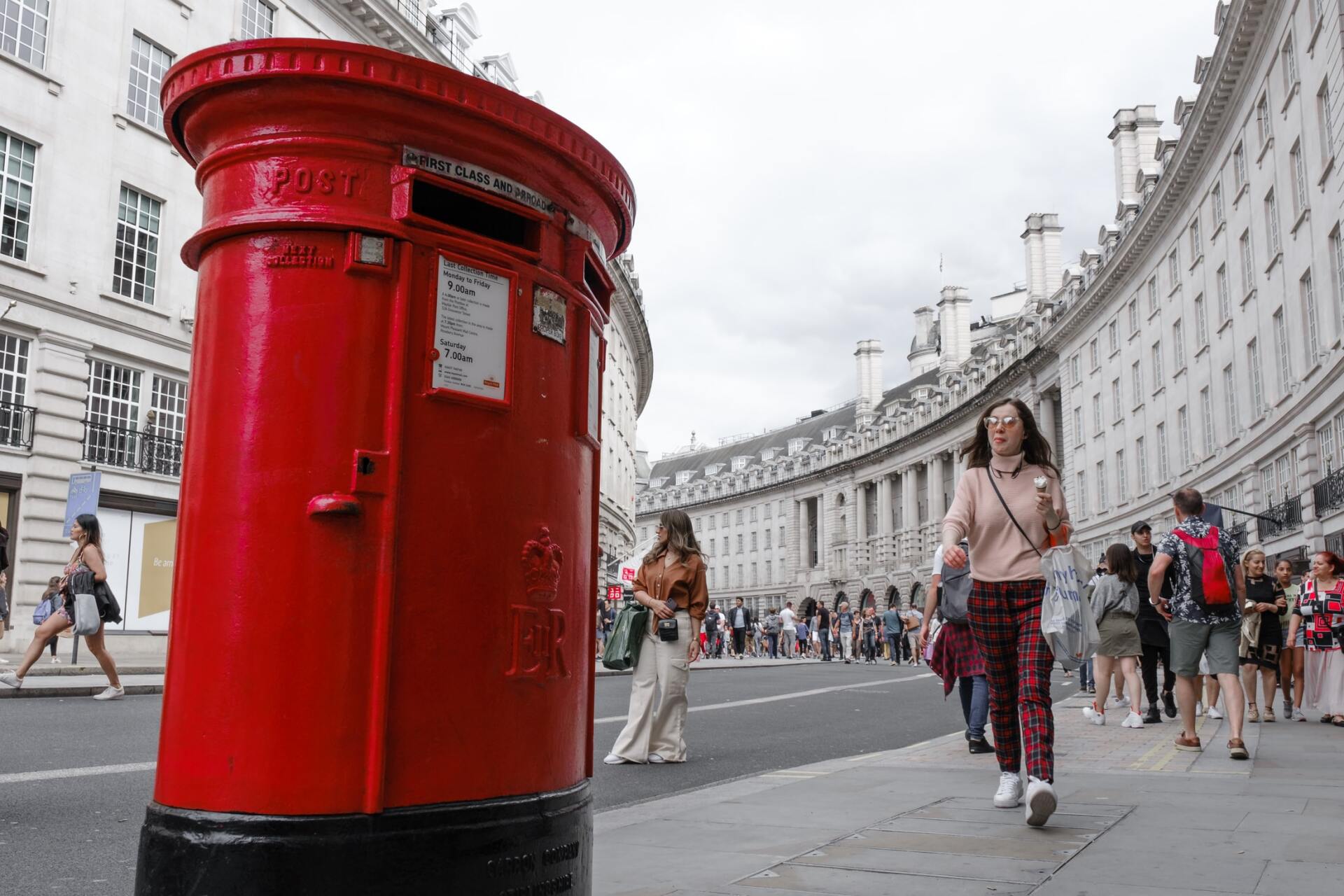The role of digital in post-covid placemaking
1. Keep in touch
2. Rebuild loyalty
3. Lock in change
Covid brought about a giant experiment in remote working, with millions of office workers forced to work remotely. While many have enjoyed the experience, a good number of workers will want to return to offices once restrictions are lifted. The same is true for shoppers, visitors, tourists and others. Indications are that few of us will commute to work five days a week, so we might want more local places that offer flexible work spaces and services we previously enjoyed close to our work places.
The evolution is likely to continue long after coronavirus, as businesses continue to adjust and changes become permanent. Placemakers should therefore adopt agile, flexible approaches to encouraging workers, shoppers and visitors back to their town centres, based on the emerging position. Reliable Wi-Fi and good mobile coverage will be important, but so are simpler, lower-cost interventions like an up-to-date website, active social media accounts and coordinated listings information.
Rob specialises in strategic change and technology projects.
For a conversation about how Placemaking London can help your local area to thrive post-covid, please get in touch.








